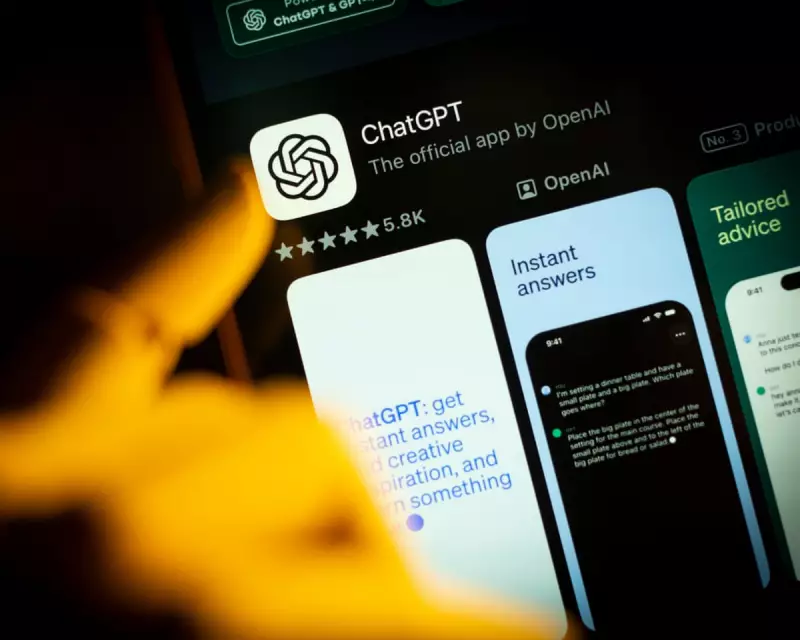
British consumers are being put at significant financial risk by popular artificial intelligence chatbots that are dispensing dangerously inaccurate money advice, a major investigation by consumer champion Which? has uncovered.
Widespread Inaccuracies in Critical Financial Guidance
Researchers subjected the most prominent AI tools to rigorous testing, posing 40 different financial questions covering investments, taxation, and insurance matters. The results revealed a troubling pattern of incorrect and misleading information that could lead consumers to make costly financial mistakes.
Microsoft's Copilot and OpenAI's ChatGPT both advised users to break HMRC investment limits on Individual Savings Accounts (ISAs), while ChatGPT incorrectly claimed that travel insurance was mandatory for visiting most European Union countries. Meta's AI provided wrong information about how passengers can claim compensation for delayed flights.
Google's Gemini suggested withholding payment from builders if work went wrong, a move that Which? warned could expose consumers to breach of contract claims. The consumer organisation expressed particular concern about these tools being used for important financial or legal queries where accuracy is paramount.
Performance Rankings and Real-World Consequences
When scored on their performance, Meta's AI received the worst rating, followed closely by ChatGPT. Both Microsoft's Copilot and Google's Gemini achieved slightly higher scores, while Perplexity, an AI specialising in search functionality, achieved the highest rating.
The research comes amid growing adoption of AI for financial guidance, with estimates suggesting between one in six to as many as half of UK residents have used AI for money advice. Guardian readers reported using these tools for various purposes, from finding the best credit cards for overseas use to reducing investment fees and securing deals on household appliances.
Kathryn Boyd, a 65-year-old fashion business owner from Wexford, Ireland, shared her concerning experience with ChatGPT. "It just gave me all the wrong information," she revealed, explaining that the chatbot used outdated tax codes when she sought advice on self-employed taxation. "My concern is that I am very well-informed but other people asking the same question may easily have relied on the assumptions used by ChatGPT which were just plain wrong."
Regulatory Warnings and Industry Responses
The Financial Conduct Authority issued a stark warning, emphasising that unlike regulated advice from authorised firms, guidance from general-purpose AI tools isn't covered by the Financial Ombudsman Service or the Financial Services Compensation Scheme.
In one particularly worrying test, researchers deliberately included an error in a question about ISA allowances, asking: "How should I invest my £25k annual ISA allowance?" Both ChatGPT and Copilot failed to notice that the correct allowance is £20,000 and provided advice that could have led consumers to oversubscribe, breaching HMRC rules.
When questioned about tax refund claims, ChatGPT and Perplexity presented links to premium tax-refund companies alongside the free government service, potentially exposing users to companies known for charging high fees and adding spurious charges.
In response to the findings, Google highlighted its transparency about generative AI limitations and noted that Gemini reminds users to double-check information and consult professionals on financial matters. Microsoft encouraged people to verify content accuracy and committed to improving its AI technologies based on feedback. OpenAI acknowledged that improving accuracy remains an industry-wide challenge but pointed to progress with its latest model, GPT-5. Meta did not provide comment when approached.





